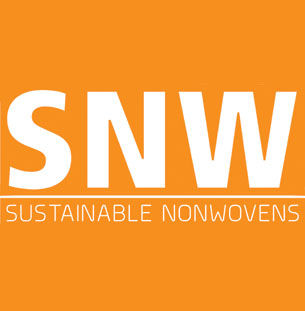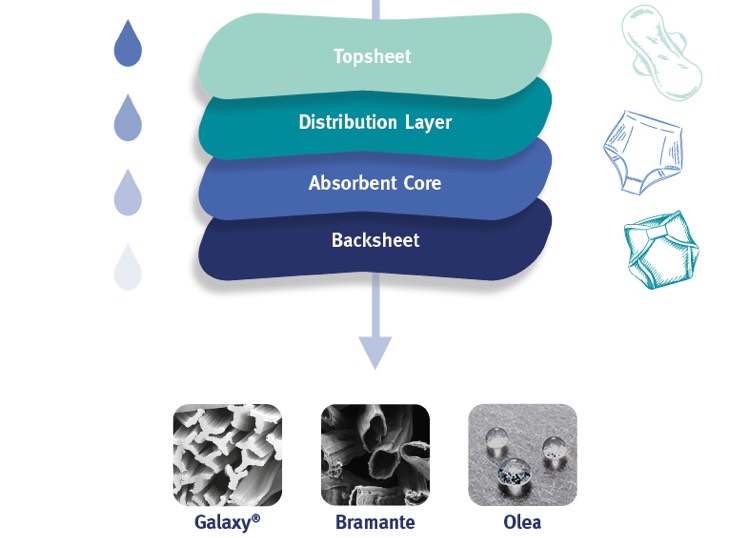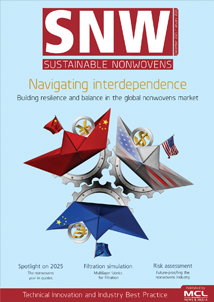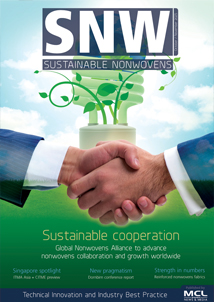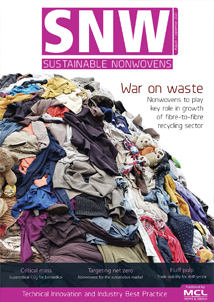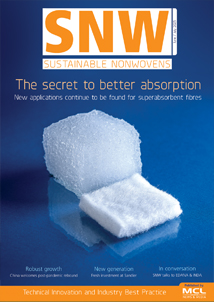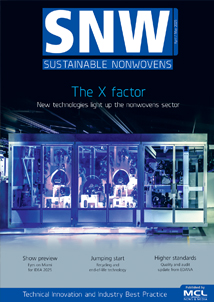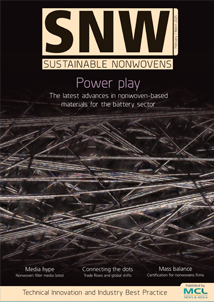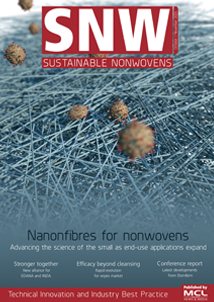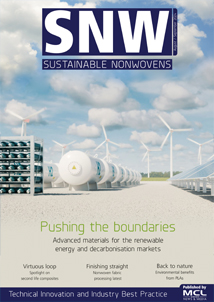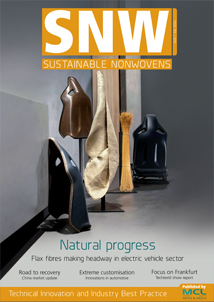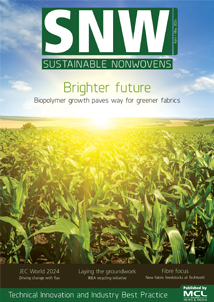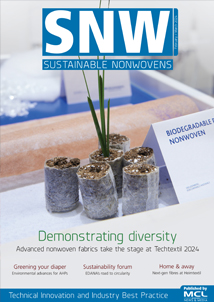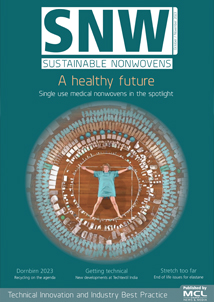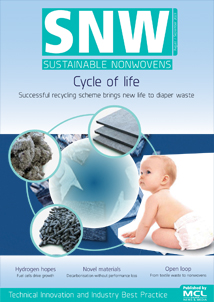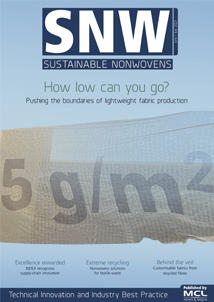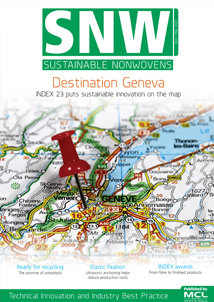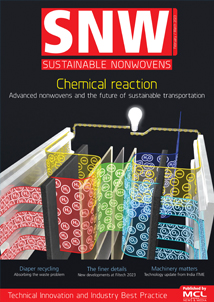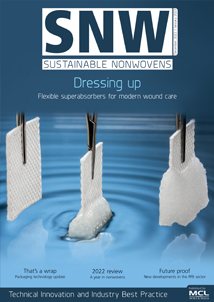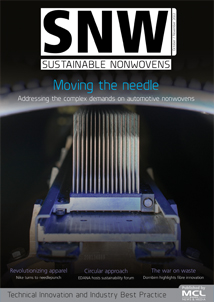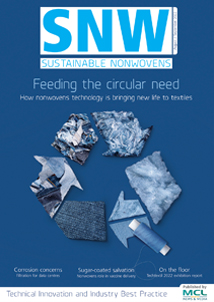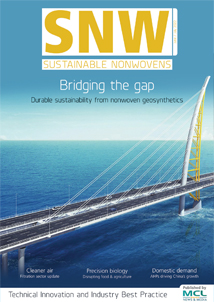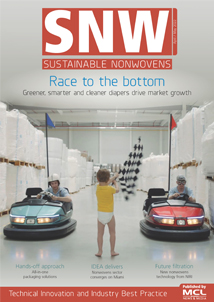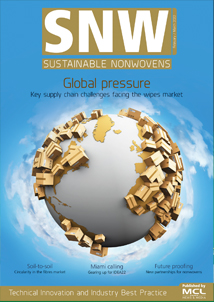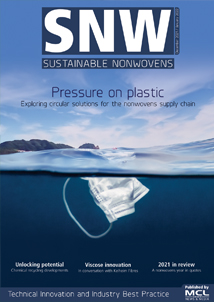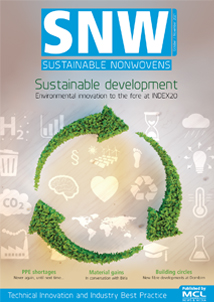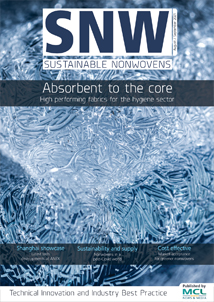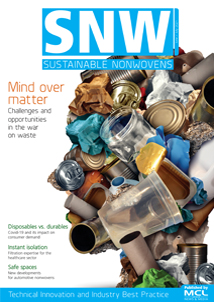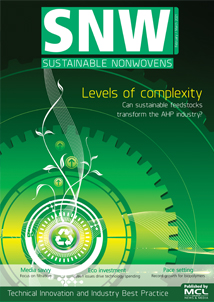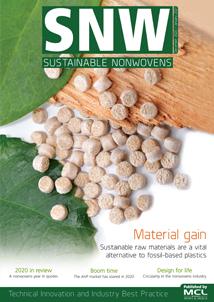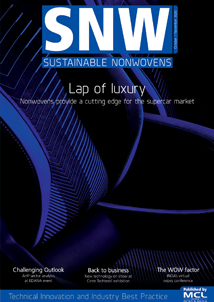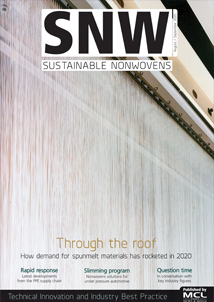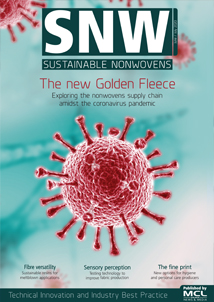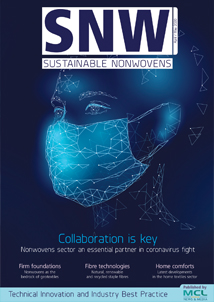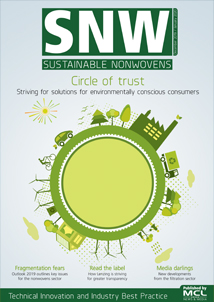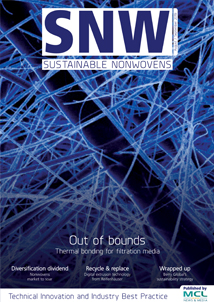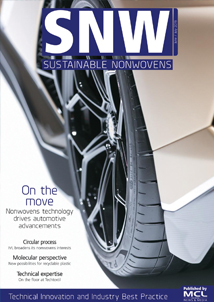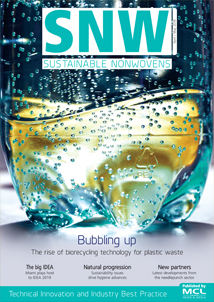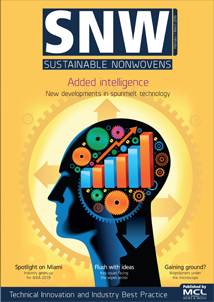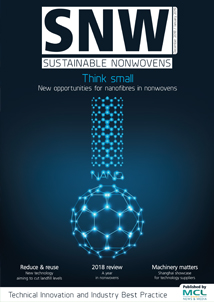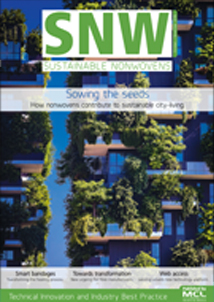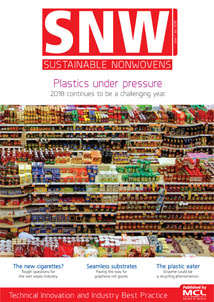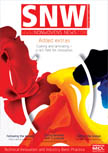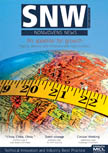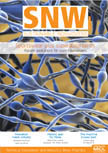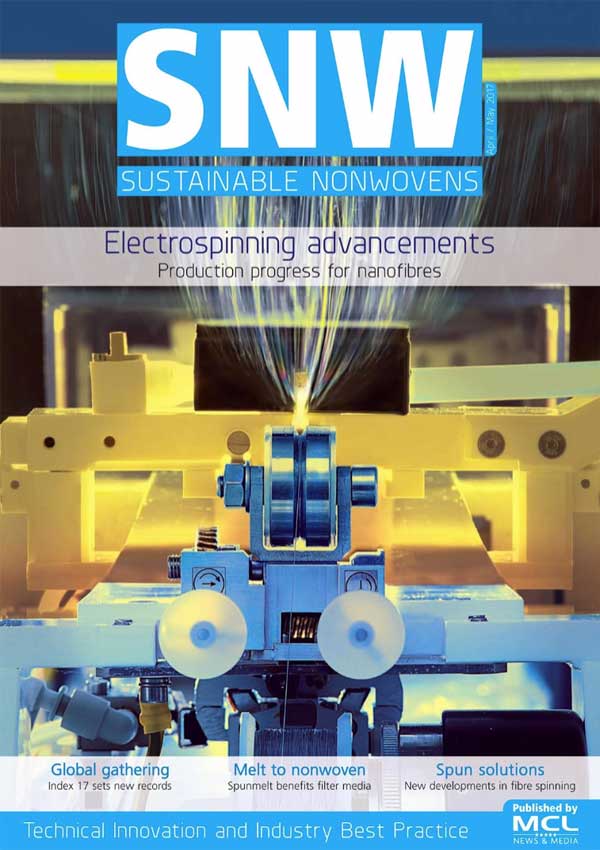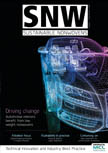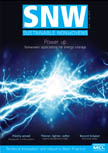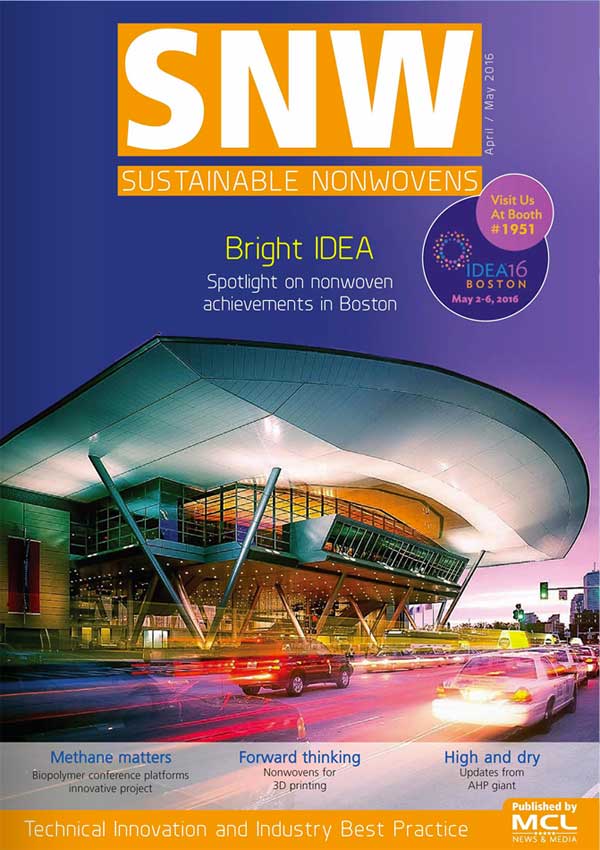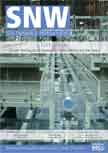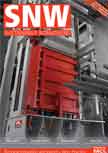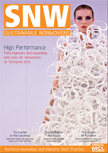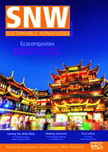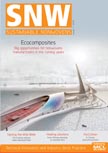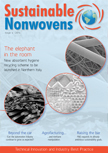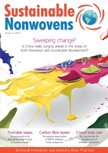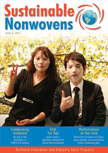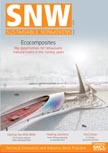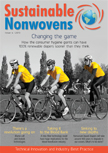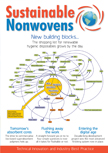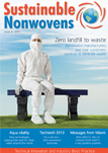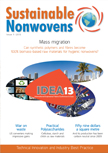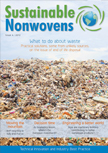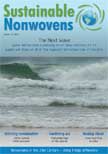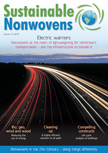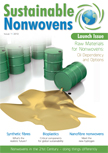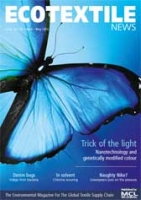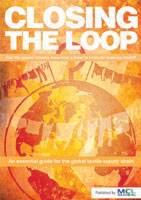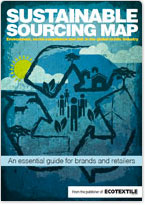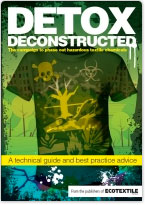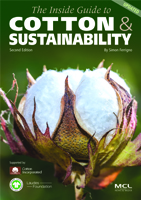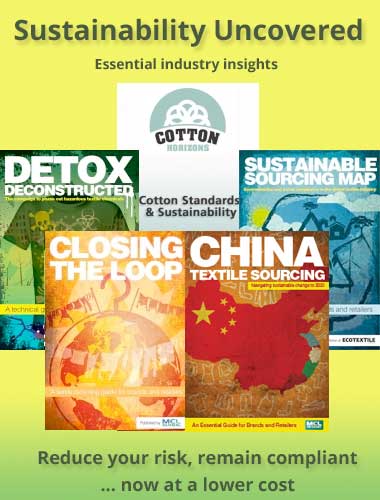KELHEIM - Speciality viscose manufacturer Kelheim Fibres will demonstrate how its innovative bio-based fibres offer a environmentally friendly solution for a wide range of applications across the AHP sector at the upcoming INDEX exhibition.
Absorbent hygiene products such as diapers, sanitary pads, and incontinence products are an integral part of daily lives. However, most of these products contain synthetic components and contribute to the global plastic waste problem. The search for alternatives is becoming increasingly urgent. The catch, says Kelheim, is that only innovations that offer the same performance and reliability as conventional products can be successful in the market. After all, no one wants to compromise in such a sensitive area as personal hygiene.
Kelheim Fibres is currently working on various development projects to design fully biobased AHP (absorbent hygiene product) concepts that do not compromise on performance. In this area, the company continues to focus on its wood-based specialty fibres, which the tampon industry has trusted for decades. However, the requirements for AHP products differ, as each layer must fulfill a specific function. For example, the topsheet comes into direct contact with the skin, while the ADL layer needs to quickly distribute the liquid, and the absorbent core must be particularly absorbent to achieve an optimal storage of the liquid.
To meet these requirements, Kelheim Fibres has developed a range of functionalized specialty fibres, including hydrophobic Olea, trilobal Galaxy, and the hollow fibre Bramante. These specialty fibres ensure optimal results in every layer of the AHP product.
All of Kelheim's fibres are manufactured from 100% wood pulp derived from certified and sustainably managed forests. They are fully biodegradable - microorganisms in soil and seawater ensure that no residues remain.
"As pioneers in our industry, we do not limit ourselves to producing innovative fibres," says Dr. Crnoja-Cosic, Director of New Business Development at Kelheim Fibres. "We go one step further and develop holistic concepts together with our partners that cover the entire value chain. Through this collaboration based on the Open Innovation principle, products are created that take into account the real needs of customers and are thought through from beginning to end, making them very quickly commercialisable."
One example of such a collaboration is the partnership with nonwoven fabric manufacturer Sandler and hygiene product manufacturer Pelz. With the global issue of plastic pollution, both on land and in oceans, the three partners aimed to develop a fully biobased panty liner that is plastic-free in accordance with the European SUPD. The panty liner is going to become commercial first under the Cosmea brand of the pelzGroup.
